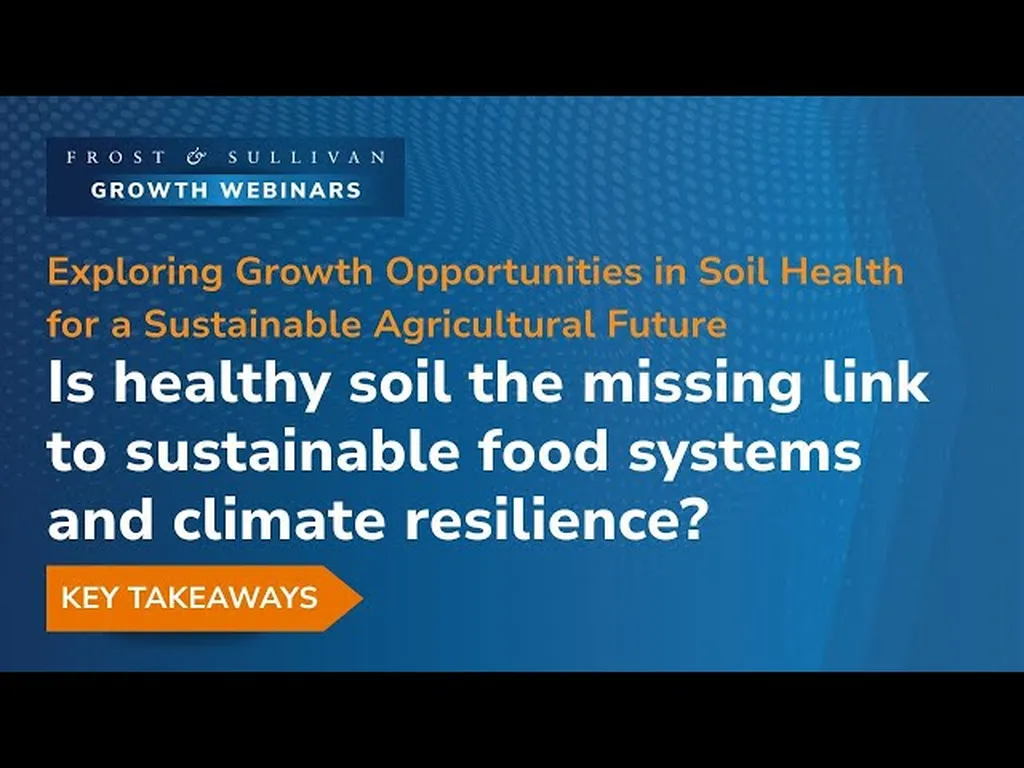In the face of a burgeoning global population and dwindling arable land, the sustainable management of soil resources has emerged as a critical factor for the development of the agrarian economy and the future of agriculture. This is the central finding from years of research conducted by Margarita Nankova, a leading expert from the Dobrudzha Agricultural Institute in General Toshevo, whose work has been recently published in the journal *Soil Science, Agrochemistry, and Ecology* (translated from the original Bulgarian title).
Nankova’s research delves into the intricate relationship between soil organic matter, soil tillage, processing, and mineral fertilization. Her findings underscore the importance of these factors in maintaining soil health and productivity, which are essential for ensuring food security and supporting the agrarian economy. “The sustainable management of soil resources is not just a matter of agricultural practice; it is a strategic imperative for the future of our planet,” Nankova asserts.
The research highlights that soil organic matter plays a pivotal role in enhancing soil fertility and structure, which in turn improves water retention and nutrient availability for plants. This is particularly relevant in the context of climate change, where extreme weather events and erratic rainfall patterns are becoming more common. By optimizing soil management practices, farmers can mitigate the impacts of these challenges and ensure consistent crop yields.
Moreover, the study emphasizes the role of mineral fertilization in replenishing soil nutrients and maintaining soil health. However, Nankova cautions against the overuse of chemical fertilizers, which can lead to soil degradation and environmental pollution. Instead, she advocates for a balanced approach that integrates organic and mineral fertilization to achieve sustainable soil management.
The implications of Nankova’s research extend beyond the agricultural sector. The energy sector, which relies heavily on biomass for bioenergy production, stands to benefit significantly from improved soil management practices. Enhanced soil fertility and productivity can lead to increased biomass yields, providing a sustainable and renewable source of energy. This aligns with global efforts to transition towards a low-carbon economy and reduce dependence on fossil fuels.
As the world grapples with the challenges of climate change and food security, Nankova’s research offers valuable insights into the sustainable management of soil resources. Her work serves as a reminder that the health of our soils is intricately linked to the well-being of our planet and the future of our societies. By adopting sustainable soil management practices, we can ensure the long-term productivity of our agricultural lands and contribute to a more sustainable and resilient future.
Published in the esteemed journal *Soil Science, Agrochemistry, and Ecology*, Nankova’s research provides a comprehensive overview of the current state of soil management practices and offers practical recommendations for their improvement. Her work is a testament to the importance of interdisciplinary research in addressing the complex challenges of the 21st century.

